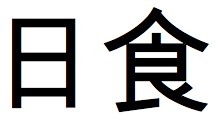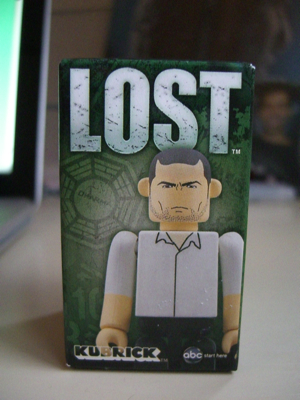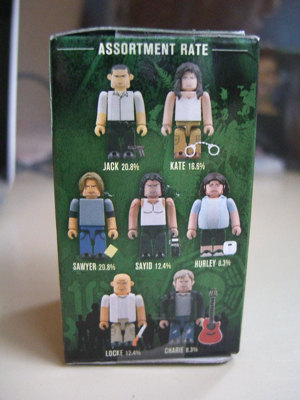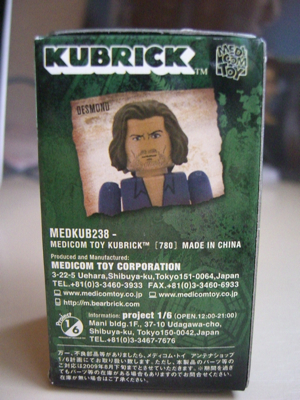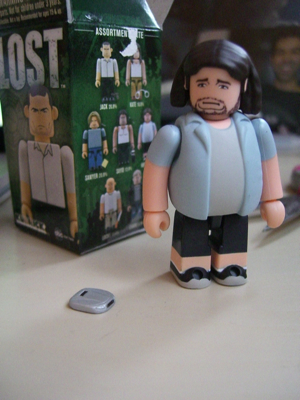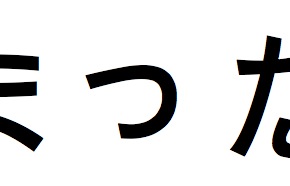I went to Kyoto last weekend and thought I’d write down a few thoughts:
– Use the bus. The bus network is extensive, well-air-conditioned and cheap if you use a daily bus pass. The Japanese you are looking for is 一日乗車券 (いちにちじょうしゃけん), and the passes can be purchased at convenience stores or directly from a bus driver. The locals use these, too – I saw several kids using them over the weekend.
– A couple of itineraries that work with the buses:
1. Kinkaku-ji → Ryoan-ji → Ninna-ji → bus back to Kawaramachi Shijo to eat and recover
2. Sanjusangendo → Kiyomizu-dera → Ginkaku-ji → Gion → bus back to Kawaramachi Shijo to eat and recover
– Set aside plenty of time for Nijo Castle. Ideally it’s the first thing you see in the morning.
– When you get to your tourist destination (e.g. temple, museum), the first thing you should do is check the departing bus times. Figure out where you’re heading next and check the bus sign to see when your options are. The buses don’t run as frequently as subways and trains in Tokyo, and knowing the departure times can help you maximize the sights you can see in a day.
– That said, knowing when to use the subway is helpful. I’ve only ever used the subway once so I can’t say anything for certain, but that one line that runs east to west can be pretty handy if you’re looking for a quick way to get across town.
– Sanjusangendo is the most underrated temple in Kyoto, which means it ranks high on the short list of underrated temples in all of Japan. Not that it gets ignored – many people love the place, and there are always lots of visitors. But when people think of iconic temples in Kyoto, Kiyomizu-dera and Kinkaku-ji are always the first two listed. Personally I think Kinkaku-ji is disappointing. Other than the Golden Pavillion itself, there is hardly anything else exciting about the place. If Ryoan-ji weren’t so close, I think it would be extremely overrated. Kiyomizu-dera is nice, but the crowds can be a drag. So can the hill. Sanjusangendo is an excellent combination of scale (1000+ statues), beauty (the statues are just incredible, especially considering how old they are…if you stare at them long enough, they look like they are about to jump over the railing and attack something), and size (the Kannon in the middle is pretty sizable). Highly recommended. The National Museum across the street, however, can be skipped.

